In addition to Weibo, there is also WeChat
Please pay attention

WeChat public account
AutoBeta


2024-11-17 Update From: AutoBeta autobeta NAV: AutoBeta > News >
Share
AutoBeta(AutoBeta.net)04/08 Report--
On the afternoon of April 7, Toyota held a "briefing on the new system and policy" in Tokyo. The new president, Henji Sato, attended the meeting and made a speech. At the meeting, Toyota said that its goal is to launch 10 new pure electric models by 2026 and to set up a new department to focus on the research, development and production of pure electric models, with a goal of global annual sales of 1.5 million vehicles by 2026. In the Chinese market, Toyota will launch two pure electric vehicles developed in China in 2024.
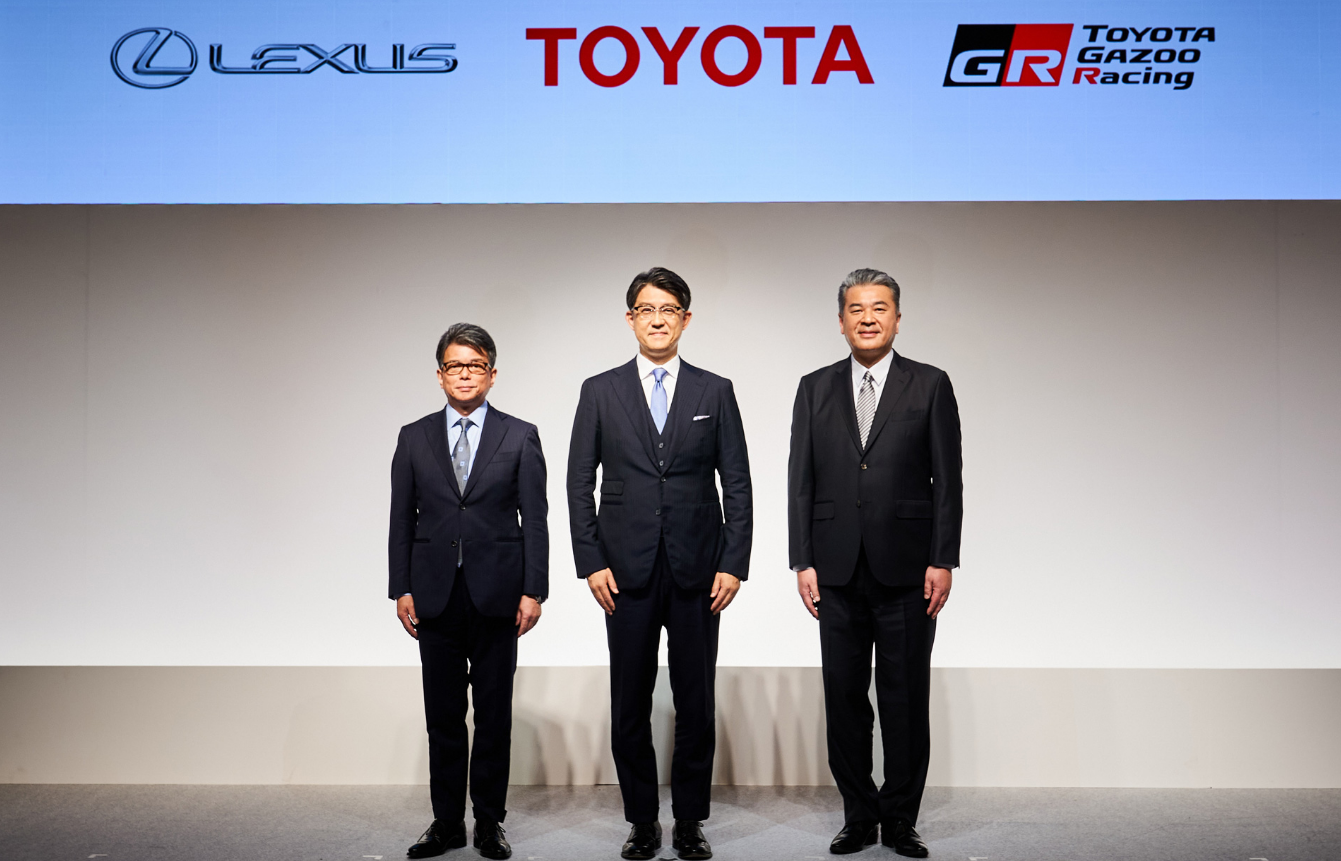
Although Toyota was the first to pioneer hybrid vehicles, when demand for new energy vehicles is growing rapidly, a growing number of people in the industry blame Toyota for slow progress in the transformation of pure electric vehicles. In response, the company argues that it makes more sense for its global customer base to retain a variety of options, including gas-electric hybrids. Toyota president Henoji Sato said Toyota will take "practical measures" to promote new energy models, including hybrid vehicles, but will continue to promote a "comprehensive strategy", including hybrid vehicles, fuel cell vehicles and hydrogen diesel locomotives, in which hybrid vehicles will remain an important pillar of its business.
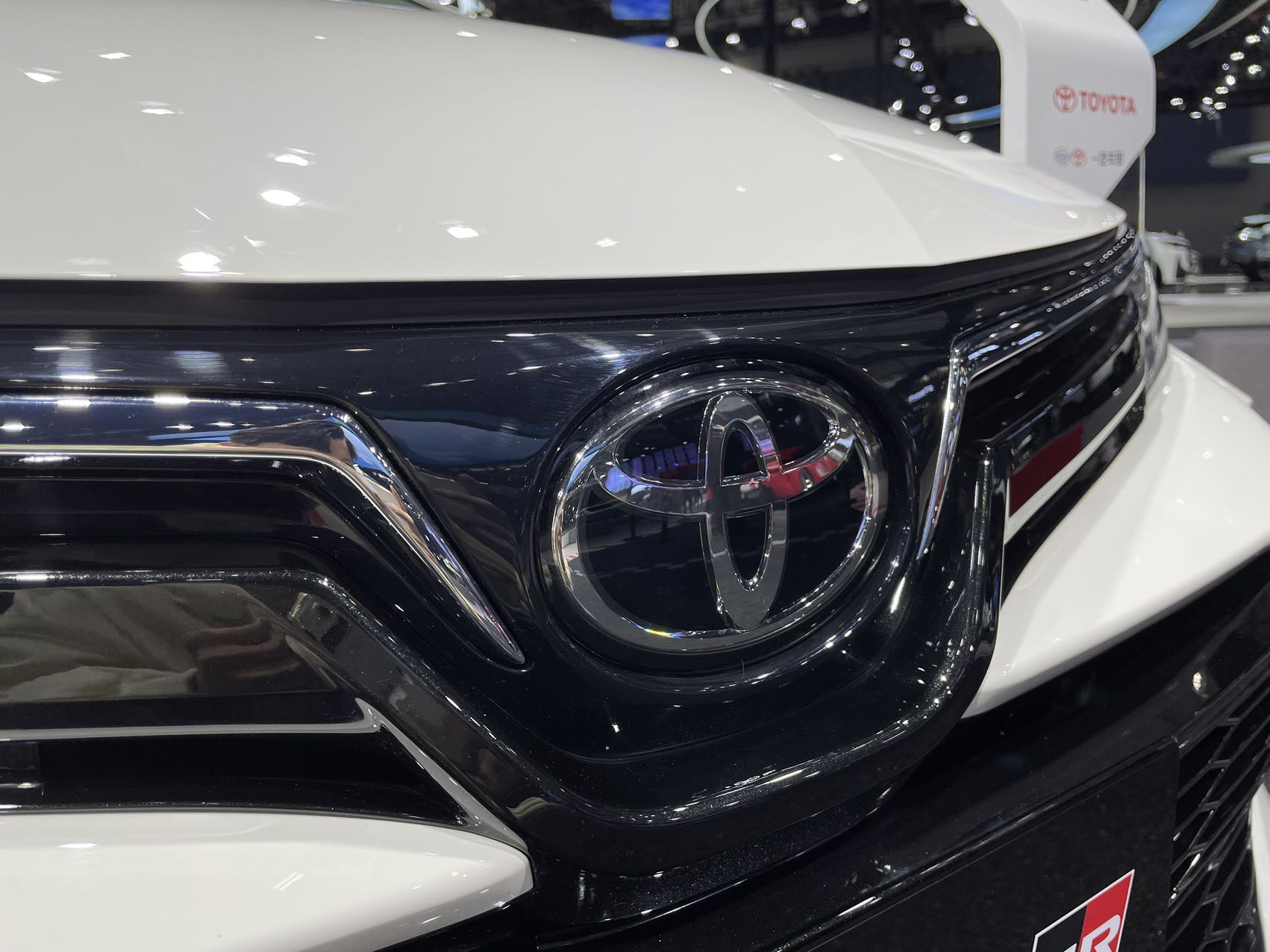
Toyota, the world's largest carmaker, completed its senior leadership transition this month, with Akio Toyoda stepping down as president and executive director of Toyota. Heiji Sato, president of Lexus, took over the position. After stepping down as president, Akio Toyoda will become chairman of Toyota Motor Company. That means Mr Toyoda will be behind the scenes after 13 years at the helm of the world's largest carmaker.
At that time, Toyota suffered an annual operating loss of 461 billion yen in 2008 as a result of the global financial crisis. Akio Watanabe, the then president, resigned because of poor response. As the grandson of Toyota founder Kiichiro Toyoda, Akio Toyoda began to take over the company in 2009, promoting the long-term development of Toyota. He led Toyota through the Lehman crisis, the brake door incident, the East Japan earthquake and the COVID-19 epidemic.

As the hegemon of the fuel car era, Toyota was questioned as too conservative in the transformation of new energy vehicles, and as the successor of the Toyota family, Akio Toyoda has mixed feelings. He has expressed this mixed feelings in public: "I can't choose to be born in a Toyota family."
Toyota and other Japanese car companies have been conservative about the transformation of electrification, and Akio Toyoda has repeatedly blasted electrification in public. He believes that each country should formulate practical and sustainable carbon emissions solutions according to its own national conditions, and if a radical policy such as pure electric cars is fully adopted, it may lead to the unemployment of large-scale workers and be detrimental to Japanese exports. Akio Toyoda also believes that the transformation of electrification should be a hundred flowers blossom and that carbon neutralization requires a variety of technical solutions.
However, the rapid rise of new energy vehicles, domestic and foreign automakers have accelerated the layout, as well as countries around the world to speed up the formulation of fuel ban plans, so that Toyota into unprecedented anxiety.
On December 14, 2021, Toyota's electrification strategy came too late. At the press conference, Akio Toyoda announced that Toyota will spend a total of 8 trillion yen on electric transformation by 2030, including 4 trillion yen on pure electric vehicles (BEV) and 4 trillion yen on hybrid models (HEV), plug-in hybrid models (PHEV) and hydrogen fuel models (FCEV). In addition, Toyota will launch a total of 30 BEV (pure electric) vehicles worldwide, including passenger cars, commercial vehicles and other areas. Total sales of pure electric models will reach 3.5 million by 2030, and plans to turn Lexus into an all-electric brand and achieve sales of 1 million pure electric vehicles by 2030.
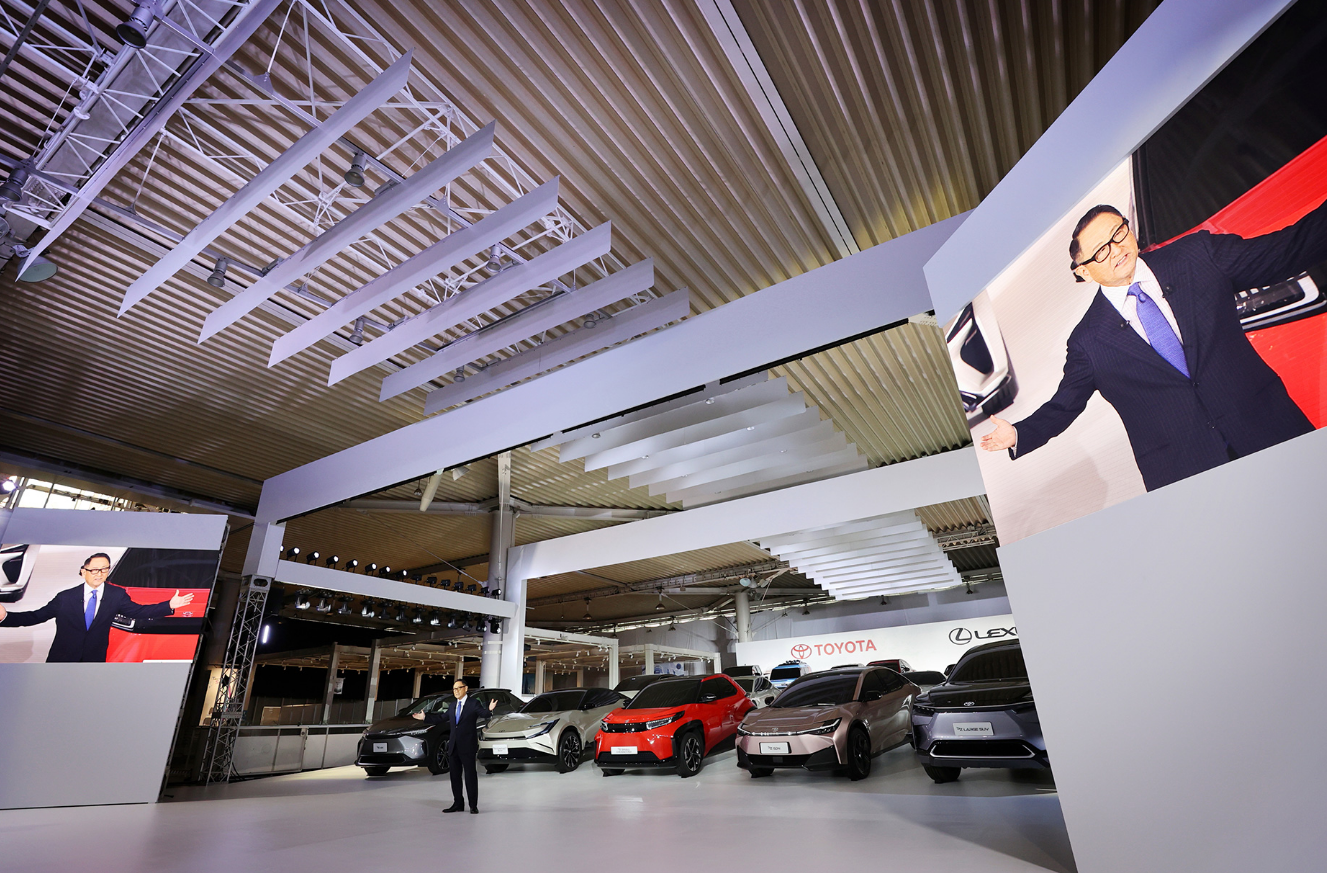
Although Toyota is the world's largest carmaker, it is almost impossible for Toyota to overtake in the strong new power of car-building in China and the United States, even if Toyota does everything it can to catch up with the electrification wave.
Toyota sold 10.483 million vehicles worldwide in 2022, making it the world's largest carmaker for three years in a row. However, although Toyota has held the top spot in global sales for the third year in a row, Toyota has declined to varying degrees in Japan, the United States and China. Take the Chinese market as an example. Toyota's sales in China in 2022 were 1.941 million vehicles, down 0.2% from a year earlier, the first decline in a decade. Among them, as a Toyota luxury brand, Lexus sold 176000 vehicles in 2022, down 22% from the same period last year, the first decline since the brand entered China. To this end, Li Bin, chairman of Lexus, said in public that "sales of Lexus fuel vehicles in 2023 are still very confident."
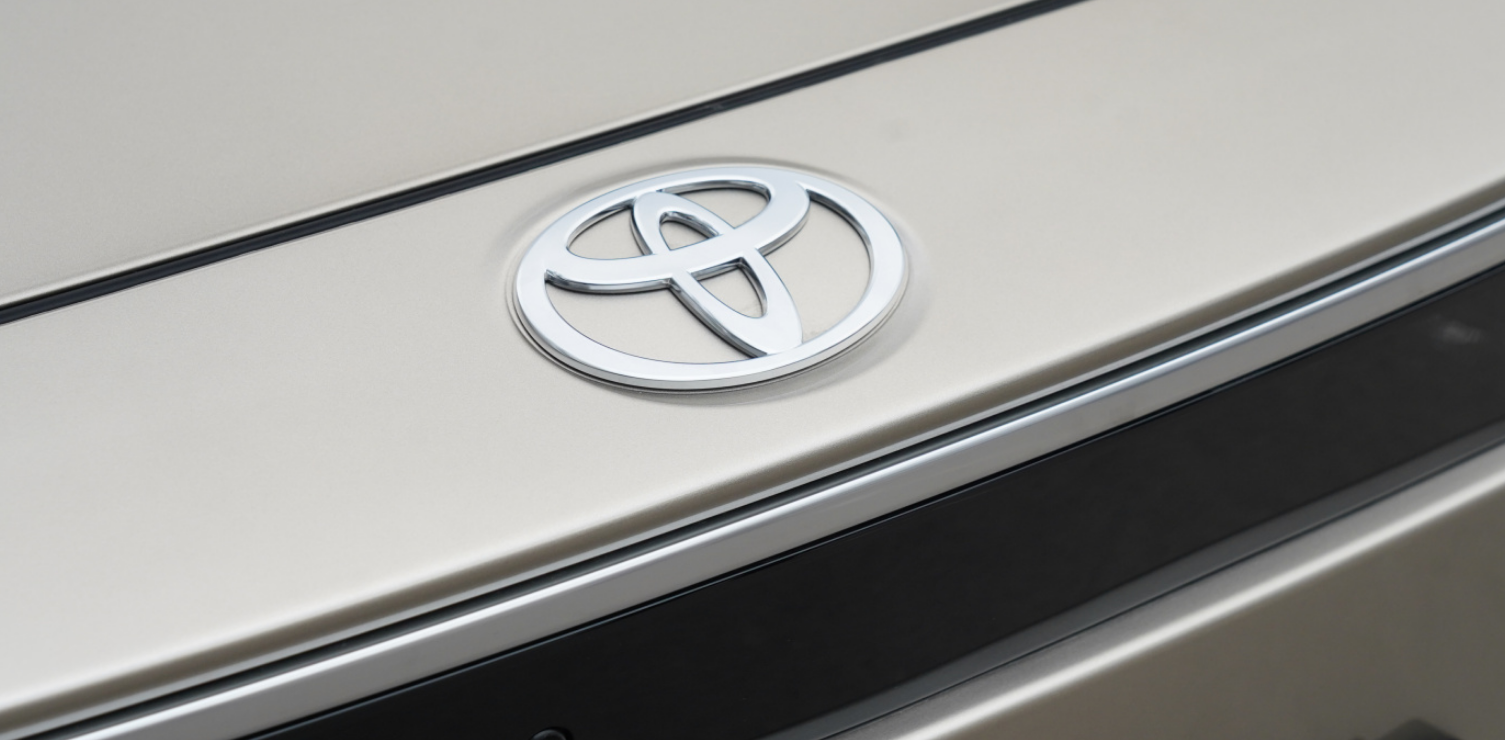
Akio Toyoda, as the head of Toyota, is to blame for Toyota's fall from the altar. Perhaps Mr. Toyoda, 66, thought he was no longer fit to lead Toyota forward, and Mr. Sato, 53, became Mr. Toyoda's next man at the helm.
Mr. Sato joined Toyota in 1992 and has been involved in parts development for the Corolla and Prius since 1994. He has been in charge of Lexus since 2003 and was the chief engineer of Lexus LC models. Before becoming president of Toyota, Mr. Sato was executive director of Toyota and president of the Lexus brand.
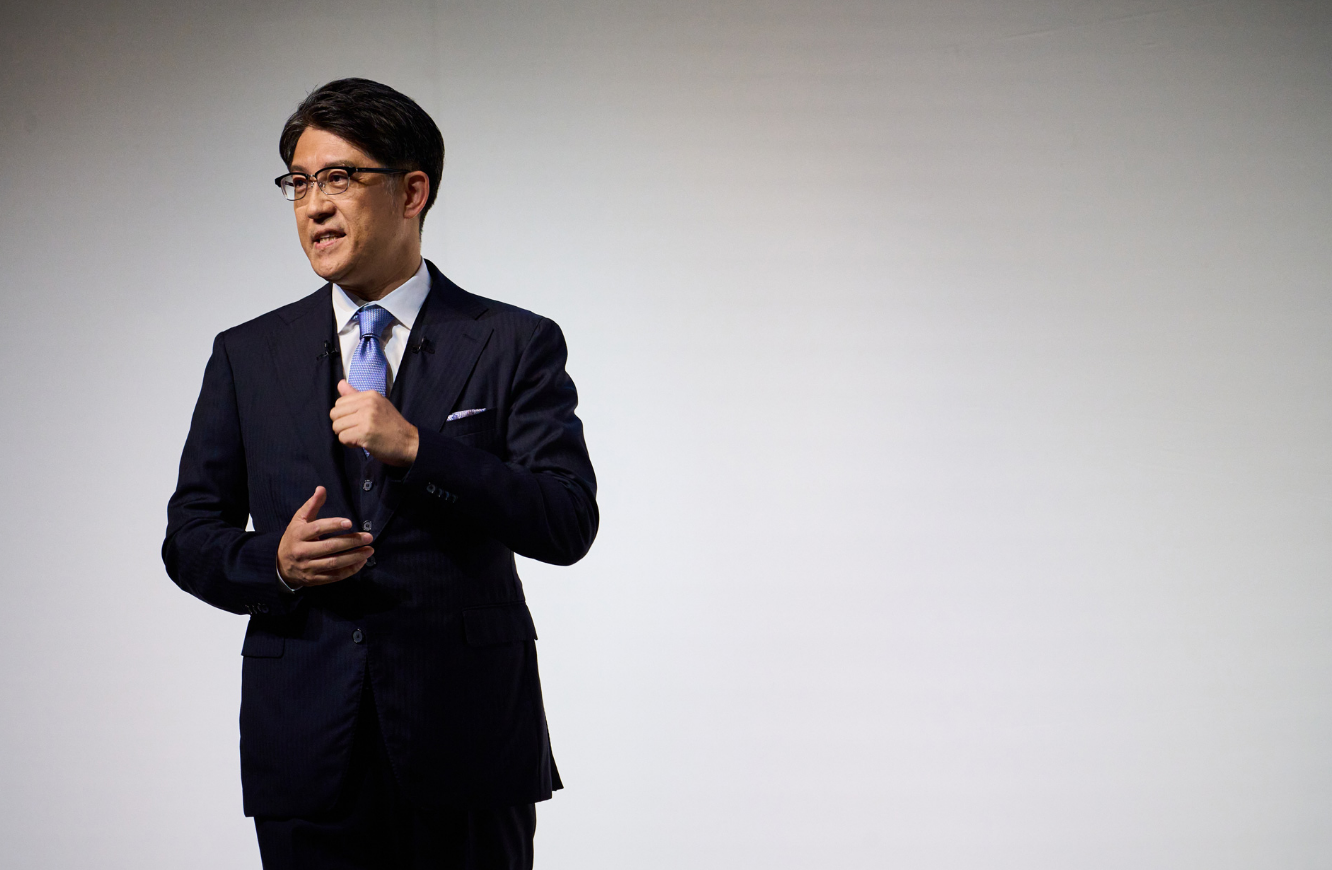
Lexus's determination to make the transition to electrification is so clear that they have set specific goals for electrification at all stages: Mr Sato seems to be more in line with the outside vision of Toyota's future than Akio Toyoda. In Mr. Sato's plan, Lexus will lead Toyota's new electrification strategy. According to the plan, Lexus will launch electric versions of all models in 2025, 100% electric in 2035, and achieve the goal of carbon neutrality in the whole life cycle of each model by 2050. By 2026, Toyota will use a dedicated manufacturing platform for electric vehicles to develop new electric vehicles for Lexus, which can be used to build a variety of models, he said.
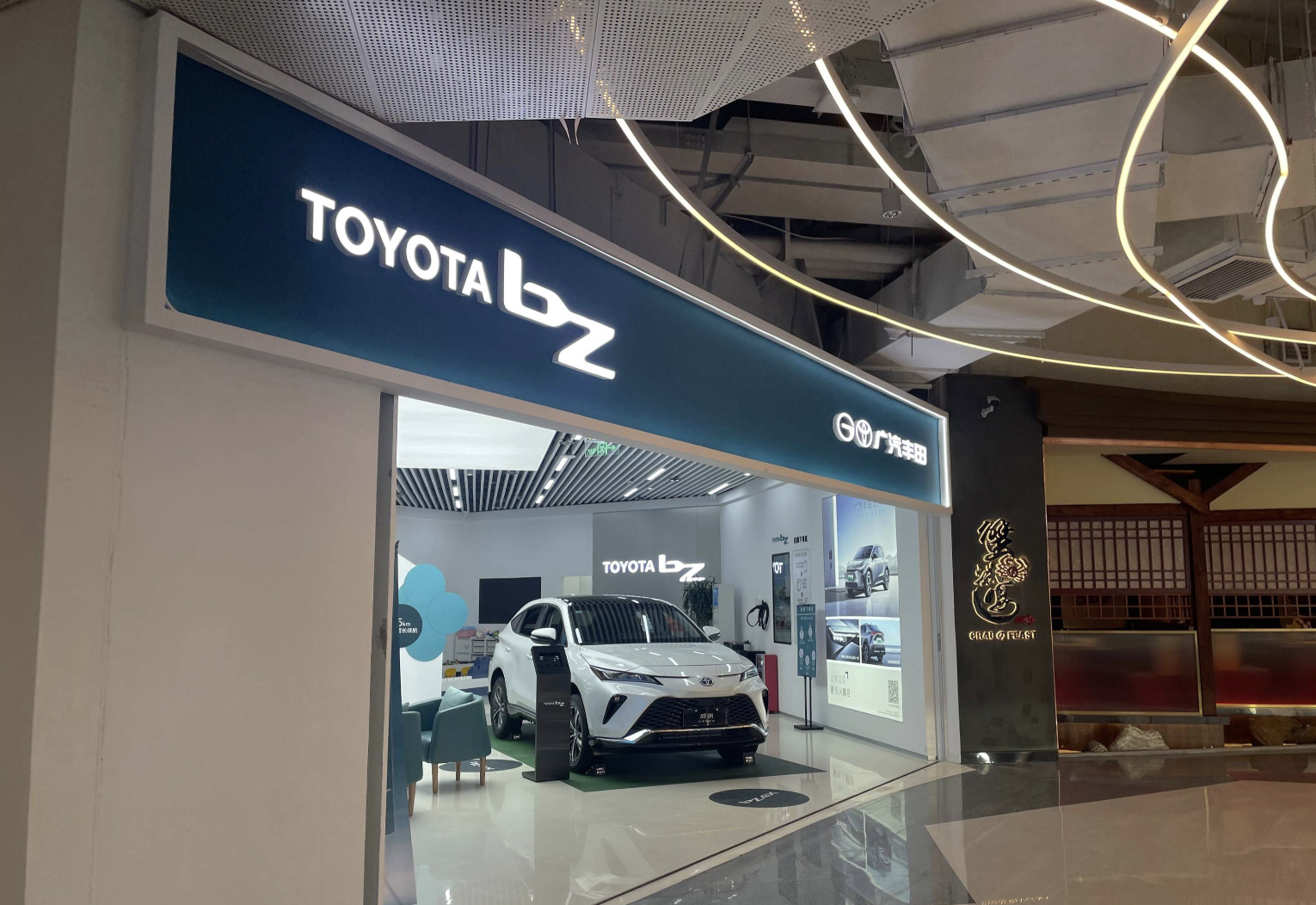
However, Toyota electric vehicles have very little share in the current car market, and even the newly launched pure tram bZ4X has not attracted much market attention. Everything is full of unknowns, and no one knows where Toyota's electrification will go under the leadership of the boss.
Welcome to subscribe to the WeChat public account "Automotive Industry Focus" to get the first-hand insider information on the automotive industry and talk about things in the automotive circle. Welcome to break the news! WeChat ID autoWechat
Views: 0
*The comments in the above article only represent the author's personal views and do not represent the views and positions of this website. If you have more insights, please feel free to contribute and share.






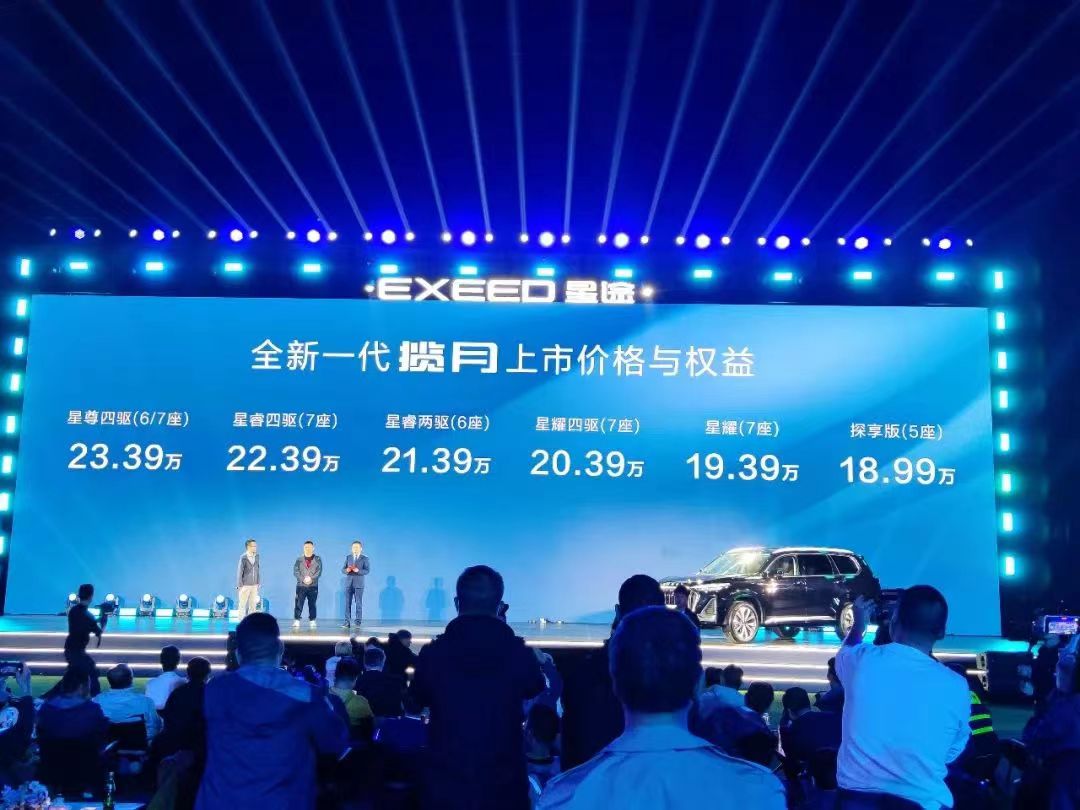




© 2024 AutoBeta.Net Tiger Media Company. All rights reserved.